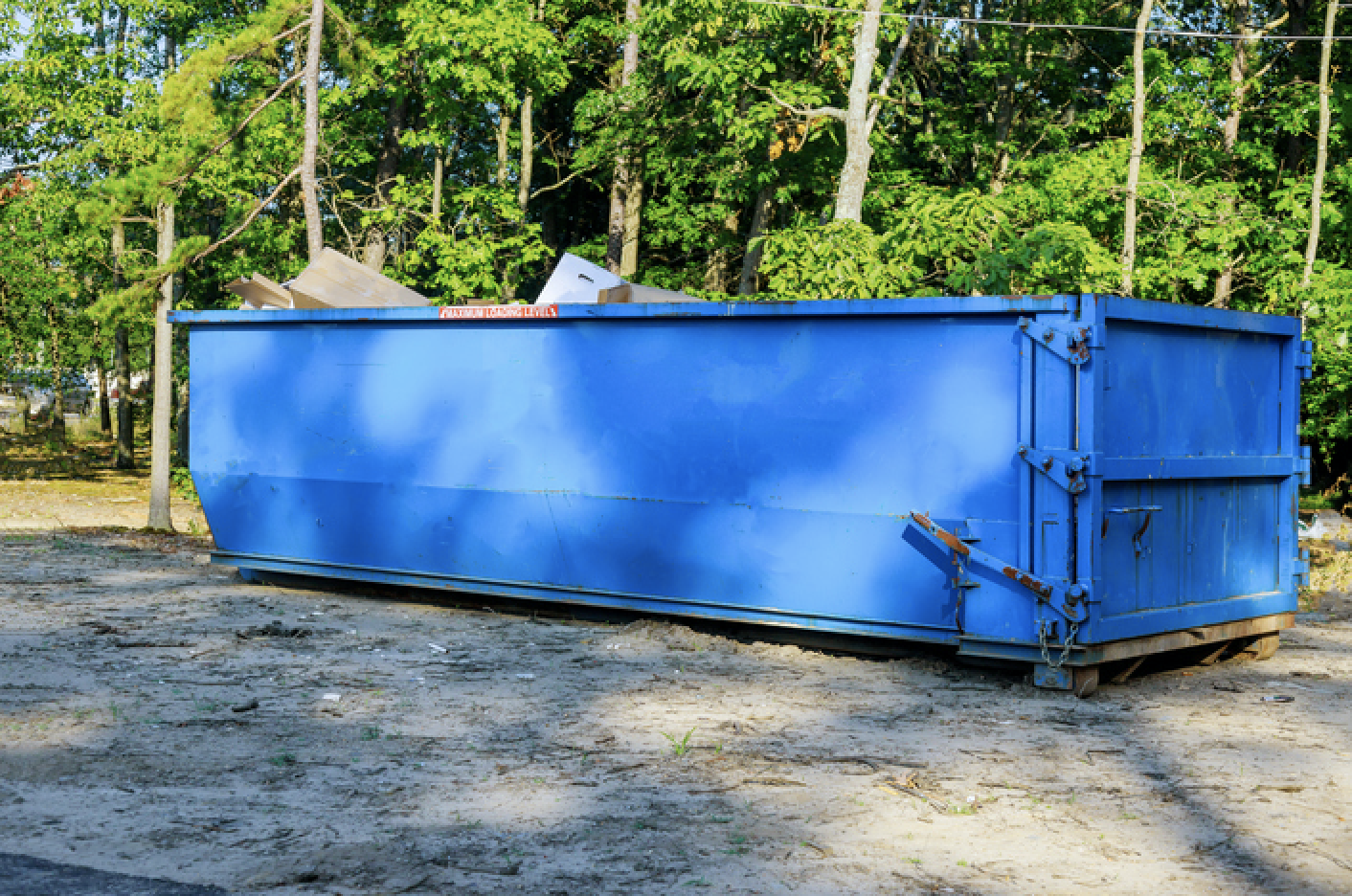Welcome to our ultimate guide on trash compactor rentals! Whether you’re managing waste in a commercial setting or looking for solutions for a large-scale construction project, understanding how to choose and use trash compactors can significantly enhance efficiency and reduce costs. This post will cover everything you need to know from selecting the right compactor for your needs, to tips on maximizing your rental experience.
Renting a trash compactor can be a straightforward process when armed with the right information. We’ll delve into the variety of compactors available, general pricing guidelines, the importance of safety features, customization options, and waste management strategies. By the end of this guide, you’ll be equipped with practical knowledge to make an informed decision about trash compactor rentals.
Choose the Right Compactor Type
Understanding the specific needs of your project is crucial in selecting the right type of trash compactor. Options range from vertical compactors, ideal for dry waste like paper and cardboard, to self-contained units that are perfect for handling wet waste typical in food service environments. For those who need a robust solution for hefty volume reduction, stationary compactors might be the ideal choice. If mobility is a key consideration, portable compactors provide flexibility by allowing you to manage waste in various locations. Consult resources like Premium Compactor Rentals OKC to see extensive selections tailored to diverse business needs.
When choosing your compactor, also consider factors such as loading options (front-loading, rear-loading), size constraints, and potential recyclable materials handling. Each aspect will play a crucial role in enhancing operational efficiency and sustainability.

Understand Rental Costs & Contracts
Beyond the initial choice of a trash compactor is understanding its cost implications. Rental costs can vary based on several factors including compactor type, size, and rental duration. Most companies offer flexible rental agreements—short-term rentals might be more expensive per day compared to long-term contracts. It’s important to review these agreements meticulously to avoid hidden charges like late return fees, maintenance costs not covered under the agreement, or exceeding load limits which could result in additional fees.
Negotiating terms that suit both parties can lead to more favorable conditions such as upgraded equipment at no extra cost or discounted rates for longer rental periods. Always clarify what maintenance services the rental company offers during your rental period to ensure uptime and efficient operation.
Safety Features & Training
Safety cannot be overstated when it comes to operating heavy machinery such as trash compactors. Modern compactors are equipped with various safety features including emergency stop buttons, access key codes or card systems, and interlock systems which prevent operation when the unit is open or improperly secured. Despite these advancements, proper training for all operators is imperative—mistakes not only pose risks to personal safety but can also lead to costly damages or downtime.
Insist on hands-on training from the rental provider; they should offer comprehensive demonstrations and materials explaining best practices and what behaviors or actions should be avoided. Regular safety audits and encouraging feedback on machine operation from users could further enhance safe usage habits.
Optimize Waste Management Practices
The efficiency of using a rented trash compactor is highly dependent on how well it’s integrated into existing waste management practices. Start by analyzing the types of waste most commonly produced at your site and consider appropriate segregation techniques that could increase recycling rates while reducing total waste volume landfilling costs might incur. Furthermore, strategize on scheduling regular pickups which align with your operational capacity while avoiding overflow situations.
Involving all levels of staff in waste management protocol discussions can foster greater adherence to best practices while also facilitating continuous improvements across your operations—a key aspect of maintaining high sustainability standards throughout your organization’s waste handling routines.
Maintenance & Upkeep Responsibility
While one major advantage of renting over owning a compactor includes maintenance tasks handled by the vendor, clearly defining these responsibilities via contractual agreements ensures there are no misunderstandings regarding upkeep duties like routine inspections and repairs—standard practice for maintaining safety standards and optimizing performance. Additionally, coordinate with your vendor about expected response times for repair issues and whether they offer 24/7 support which could be crucial for uninterrupted operation during critical phases of your project.
Regularly check simple elements yourself such as verifying hydraulic fluid levels or cleaning out debris accumulated around air vents; these simple actions can prevent minor issues from escalating into bigger problems that could impede your operations greatly.
In conclusion, effectively navigating through the complexities of trash compactor rentals requires a thorough understanding of your project-specific needs combined with well-informed planning around cost management, safety protocols, waste handling efficiency, and scheduled maintenance. Embracing these strategies not only enhances operational effectiveness but also plays a significant role in promoting environmentally sustainable practices within industries reliant upon substantial waste management solutions.
We hope this guide aids you in making an educated decision about renting a trash compactor that optimally aligns with both your operational goals and budgetary constraints. Remember that every little step towards more efficient and safer waste management contributes significantly towards broader environmental conservation efforts!

